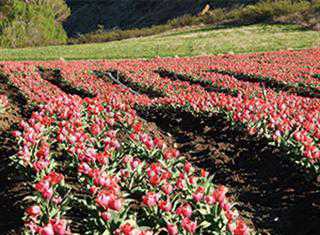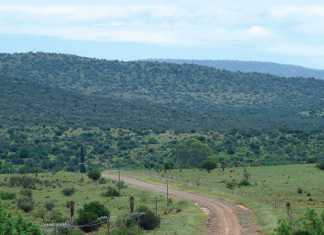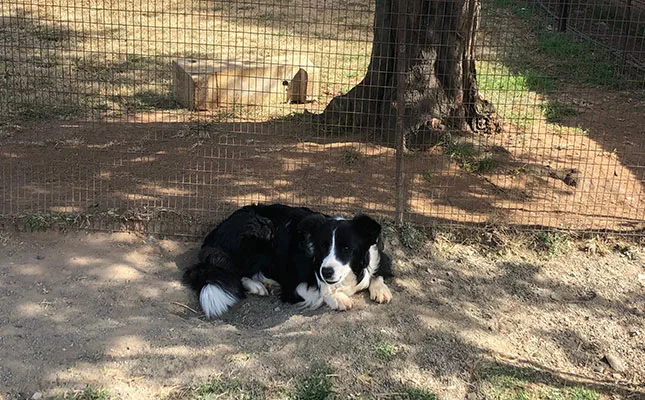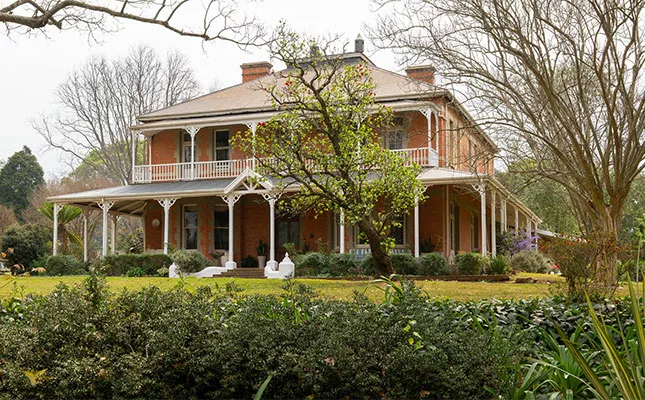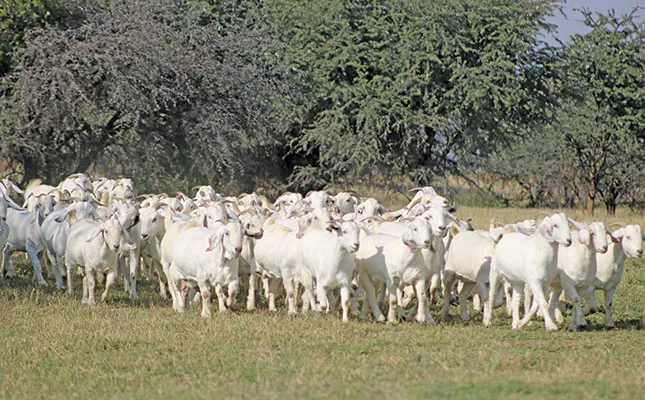From farm worker to award-winning farmer
Koos Mthimkulu, Grain SA's 2011 Developing Farmer of the Year, started off as a farm worker and is today a successful grain producer. He ascribes his achievement to hard work,...
Turning to tulips
The mountainous district of Barkly East in Eastern Cape is best known for its livestock and lucerne, but as Mike Burgess discovered, farmer Piet Steyn has broken with tradition and...
Sugar mill breathes hope into Pongola
Since buying Pongola Mill in 2009, TSB Sugar Holdings has made considerable investments in the mill and its staff and is developing its relationship with growers. This strategy promises to...
Roses from the Karoo
Shortly after Lyell van Rensburg settled on the 3 000ha farm Rietvlei near Graaff-Reinet in the 1980s, Grootfontein Agricultural College recommended she produce aloes instead of roses. She wasn’t convinced. Armed...
Types of mulches – part 2
We look at using pine needles, leaves, lawn clippings, straw, compost and straw manure as mulch.
All-year citrus for the customer
The Van der Merwes of ALG Estates recently received the National Agricultural Writers 2010 Farmer of the Year Award. After the deregulation of agriculture, brothers All and Gerrit started marketing...
Revitalising local chicory
Imported, inferior-quality chicory has severly hurt local production. Almost half South Africa's producers left the industry in the last few years, causing a huge drop in production. But Chicory SA's...
‘I’ve always wanted to farm for myself’
Dolf du Bruyn, a Grain SA 2010 Grain Producer of the Year finalist, only started farming on his own about 13 years ago. He has since become one of the...
‘Don’t plant yourselves out of business’
Maize farmers mustn't plant themselves out of business, but rather diversify to other crops and livestock for long-term survival, says Tom van Rooyen, a 2010 Grain SA Grain Producer of...
North West success with conservation agriculture
When Farmer's Weekly last reported on Hannes Otto (19 October 2007), he was about to adopt no-till on a quarter of his farm's arable land, after trials conducted the season...
Solving pineapple’s problem
James and Brett Domleo are providing pineapple farmers with an alternative outlet in a prickly market. Robyn Joubert spoke to them about their pioneering idea.
Historic farming community under threat
The Cape Flats Agricultural Association is one of the oldest agricultural associations in South Africa, celebrating its 125th anniversary this year. Descendants of German immigrant farmers still farm in Philippi,...


